
K-12 Educators Conference
Join us for a day of professional development and networking. You will hear from incredible speakers, attend workshops, connect with your colleagues, enjoy lunch, and much more. Lunch is provided.
Theme: A Time for Everything - Ecclesiastes 3:1-8
Keynote Speaker: Marc Shelton

This event is made possible by the generosity of The Ward Foundation.

Keynote Speaker Dr. Marc Shelton
We are honored to welcome Dr. Marc Shelton, former Dean of the George Fox University College of Education, as our keynote. Drawing from his leadership overseeing three years of the Festival of Learning, Dr. Shelton will share a state-of-the-field address on the current landscape of Christian education—the opportunities before our schools, the challenges we face together, and practical pathways to remain rooted in mission while advancing excellence.
K-12 Educators Conference Sessions
Sara Hahn-Huston, EdD
This interactive session will utilize virtual simulations that immerse the leader in the context of an authentic leadership experience. The virtual simulation experience enables participants to engage in learning by understanding the situation they face, thoroughly evaluating it, identifying potential responses, and selecting the most appropriate solution as educational leaders, with reflective practice embedded in the simulation. Through this virtual simulated experience, participants will consider options, make mistakes, draw conclusions from their experiences, and play out their decision in a safe, virtual environment designed for professional learning specific to the educational leader.
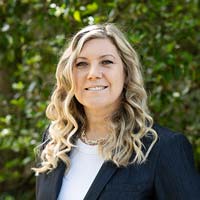
Sara Hahn-Huston, EdD
This interactive session will utilize virtual simulations that immerse the teacher in the context of an authentic school-based experience. The virtual simulation experience enables participants to engage in learning by understanding the situation they face, thoroughly evaluating it, identifying potential responses, and selecting the most appropriate solution as classroom teachers, with reflective practice embedded in the simulation. Through this virtual simulated experience, participants will consider options, make mistakes, draw conclusions from their experiences, and play out their decision in a safe, virtual environment designed for professional learning specific to the teacher.

Jesse Peterson, PhD
Isn't Ecclesiastes the Bible's great pessimist? What could it teach us about work? Or enjoyment? In this session, we'll explore the surprising emphasis on joy in work that runs throughout the book, and reflect on the need of educators today to construct a classroom in which students learn to love the process of learning more than its products.

Nicole Enzinger, PhD
This professional development session will challenge the traditional view of mathematical mistakes as simply "wrong." We will explore three task structures designed to celebrate the brilliance often hidden within a student's mistake. Through a discussion-based format, you will gain practical strategies to reframe missteps as powerful teaching tools that deepen understanding and reveal valuable insights into student thinking.
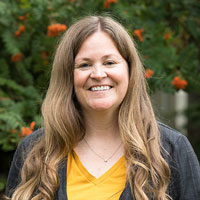
Jennelle Stone, PhD
Assistant Professor of Education, Director, Educational Leadership
This session will draw on techniques from Doug Lemov's Teach Like a Champion that either explicitly address behavior management, and a few others that contribute to a positive and productive classroom culture; the ultimate goal of effective classroom management. Behavioral management will be viewed through three stages:
- Setting and Maintaining Expectations
- Positive Reinforcement
- Managing Misbehavior
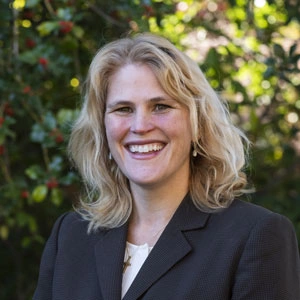
Metra Augustin, MS
Dual and direct credit and programming for high school and middle school students
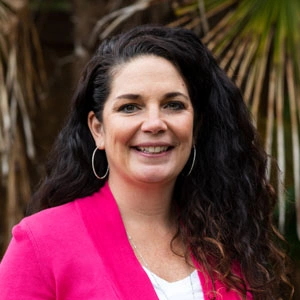
Brian Doak, PhD
Artificial intelligence breakthroughs have dominated the education news cycle for the past two years and given most of us a sense of both opportunity and unease. In this session, we'll attempt to create a working theory—centered in faith and mission, driven by learning—that can carry us through the school year and beyond. Similar to both learning and faith, technology presents us with an "infinite game," where success and failure are not easily measured but rather must be continually negotiated throughout a lifetime.

Craig Inglesby
This session explores the importance of identifying the strengths of students and empowering them to lead and serve their peers authentically. Craig Inglesby will share stories from 20 years of leading and designing transformative Christian camp environments for youth, and more recent experiences leading a peer-mentorship program at George Fox University. You will be invited to consider your own ethos of developing young leaders in your educational context.

Erin Johnson, MSW
Understanding how childhood trauma affects brain development, social relationships, and a child's sense of self can help K-12 teachers assess and address the impacts of trauma in their students and their classroom environments. This session focuses on sharing research and evidence-based practices to support children who have experienced trauma.
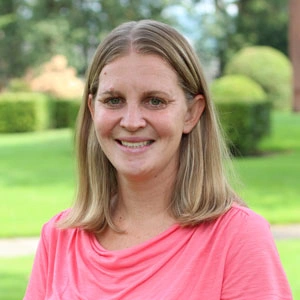
Kevin T. Jones, PhD
Good listening skills can be crucial to successful learning in any educational environment for students, teachers and administrators. Being a good listener is more than just understanding how valuable listening is. It involves understanding the stages of listening, the role of perception, and the steps to being a good listener. This session will explore these topics to help educators better understand the role that listening plays in the educational culture.
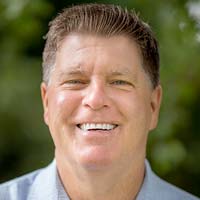
Amanda Robert, MS
In a flipped classroom, students are expected to interact with the materials before class. When students enter the classroom they are able to ask questions, problem solve, and dive into deeper understanding. When lectures are untethered, teachers are able to connect with students more intentionally and adapt to their needs. When flipped classrooms meet untethered lectures, learning shifts from passive listening to active learning. Virtual Reality enhances this even further by creating immersive hands-on experiences that allow students to more actively engage in the material. In this session we will unpack these teaching concepts and explore the learning benefits of VR.
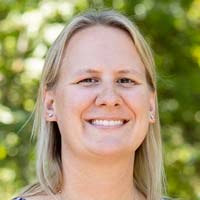
Megan Hills, EdD
Associate Professor of Education
How can we provide engaging, explicit, and comprehensive writing instruction for all learners? In this session we will explore research-based strategies and systems to support and develop confident young writers. Expect to leave with tools, resources, and enthusiasm for teaching writing!
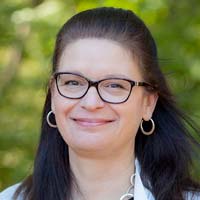
Questions?
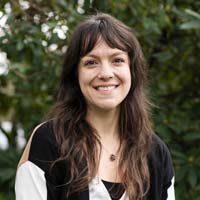
Kimberly Steele, BA
Director of Educational Partnerships and Outreach